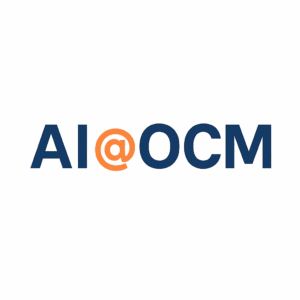The Generative AI Revolution Accelerates Digital Transformation The rapid adoption of generative AI is reshaping the digital transformation landscape. According to recent reports from McKinsey and KPMG, organizations are embracing generative AI at an unprecedented pace, with one-third regularly using it in at least one …











